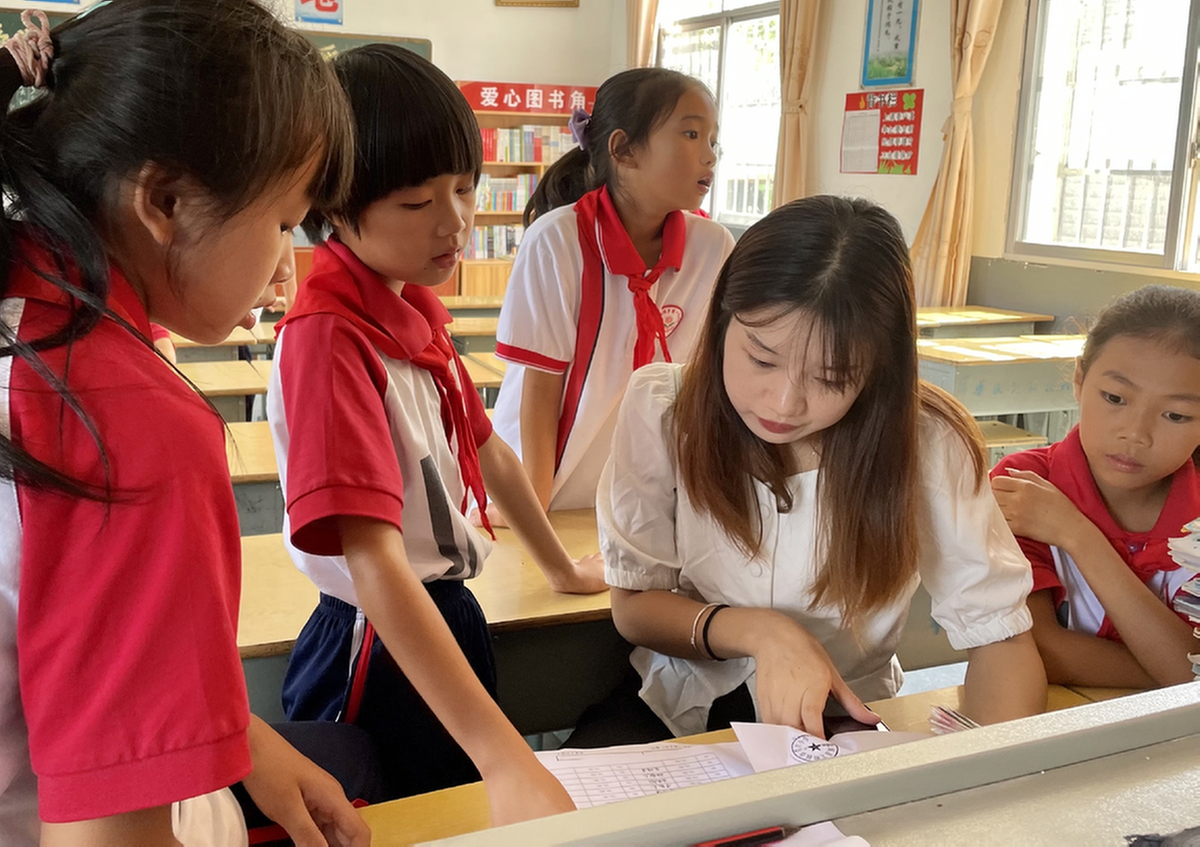Open reporting or clandestine tip-off?


The controversy over a student making public what he thinks was an erroneous remark made by a college teacher in class has been simmering on the internet. The teacher, surnamed Song, told her journalism major students at Shanghai Aurora College that the officially recognized number of the Chinese people killed by the Japanese army after the fall of Nanjing, then capital of China, was "not supported by statistics".
She said the number was not credible because there is no record of the names of the 300,000 victims. "If you don't have a record of their full names and ID numbers," she said, "then the count is nothing but a generalized account as is often found in Chinese historical fiction works."
One of her students shot a video of her speech and posted it online. A student in Xi'an, Shaanxi province, not acquainted with the Shanghai student, reposted the video on a larger platform. Soon it went viral, sparking a public outrage. The college responded by expelling the teacher.
The incident triggered reactions from the opposite side, too. Some internet users accused the college of "bowing to political pressure" and suppressing "freedom of speech" and the students of acting as "despicable informants".
But is what Song said within the realm of "freedom of speech"? And did the two students secretly report the teacher to the authorities?
There can be discussions on the number of victims in the Nanjing Massacre if they are confined to academics. Had Song raised doubts at an academic forum after the emergence of new facts, perhaps no one would have criticized her.
But did Song do the right thing by trying to sow doubts in the minds of students during a lecture? The answer is simply "no". Because by questioning the official Nanjing Massacre figure, she was instilling into her students' minds, unwittingly or otherwise, the idea that China doesn't have convincing evidence on the Nanjing Massacre.
Song must be held accountable for the consequences of her remarks.
By trying to lead innocent youths into believing that not all that has been written about the Nanjing Massacre story is fictitious. Her reasoning that since you don't have the names and ID numbers of people who were killed in the Nanjing Massacre, you cannot count them among the victims is simply flawed.
The figure 300,000 has been arrived at by counting the victims' numbers provided by the Red Cross and other nongovernmental philanthropic organizations of the corpses they buried after the massacre in Nanking.
The figure was confirmed and included in the records of the International Military Tribunal for the Far East in January 1946 and the Nanking Military Tribunal in February 1946, which investigated the war crimes committed by the Japanese troops before and during World War II.
The figure may not be exact, but seeking the exact number of casualties in a war or a massacre is nit-picking, for it is impossible to count the exact number of dead in such tragic events, especially at a time when the Japanese troops had laid siege to Nanjing and gone on a killing spree.
It is ridiculous that someone would ask for the victims' ID numbers to confirm their deaths during an era when ID cards were unheard of.
Song, on a personal level, can have some doubts about the exact number of Nanjing Massacre victims and conduct research to clear her doubts. But talking about her baseless claims in a classroom is not an expression of "freedom of speech".
Expelling her from college may be an overreaction but perhaps the college authorities didn't know how else to deal with the public wrath Song has incurred, which was too strong to be overlooked.
But can the two students who posted the video online be called informants?
No. For they didn't visit any official secretly to report against their teacher. Instead, they posted the video online for everybody to see. How can this be called gao mi (meaning "tell the secret" in Chinese)? Neither gao (reporting) nor mi (clandestinely) was involved.
Besides, the teacher raised the doubts openly in class.
However, several netizens, most of them "online opinion gurus", have written "articles" rapping "gao mi culture", and used insulting terms to describe the two students. Worse, some have even made public the Xi'an student's personal information, which is a serious breach of privacy and could land the student in all sorts of trouble.
I guess most of the people criticizing the two students are worried about the possible revival of "gao mi culture". Yet it seems some of them are trying to use the concept to create fear among people, especially the younger generation, to prevent from protesting against wrongdoings. They will not succeed, though, given that the overwhelming majority of netizens support the two students.
And the students deserve our respect.
The author is a retired senior editor with China Daily
The opinions expressed here are those of the writer and do not necessarily represent the views of China Daily and China Daily website.
If you have a specific expertise, or would like to share your thought about our stories, then send us your writings at [email protected], and [email protected].

































